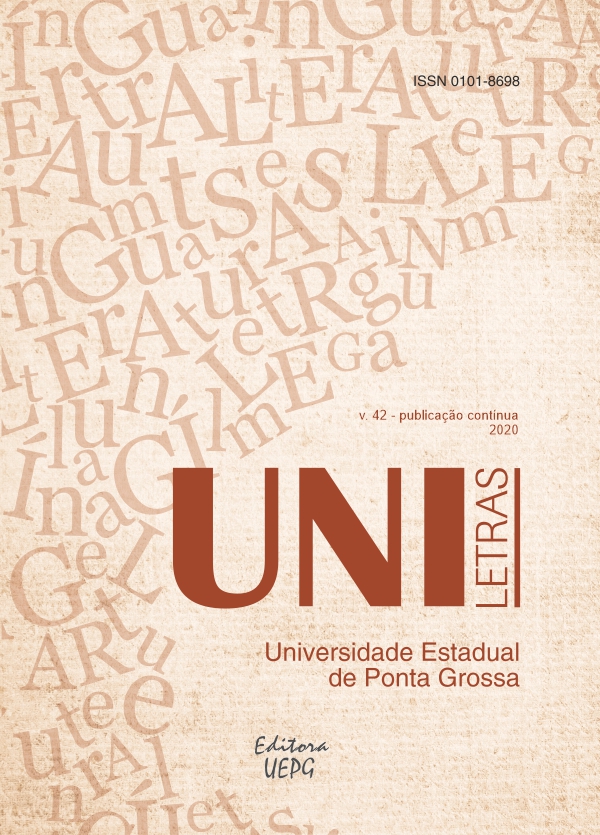A ABORDAGEM DA VARIAÇÃO LINGUÍSTICA NO LIVRO DIDÁTICO DO ENSINO FUNDAMENTAL I: UMA BREVE ANÁLISE
Resumo
Este artigo tem como objetivo refletir como os livros didáticos de língua portuguesa do Ensino Fundamental I (1° ano) abordam a variação linguística, levando em consideração, que nesta etapa do conhecimento, os alunos ainda estão sendo alfabetizados. Para entender como se dá o processo de ensino/aprendizagem das variações da língua, foi necessária uma breve análise de algumas atividades específicas de dois materiais didáticos selecionados. Questionamentos como “Existe concepção de ‘certo’ e ‘errado’? Como os livros didáticos trabalham a variação linguística?”, desencadearam este estudo. Sabe-se, que é complexo trabalhar as variedades linguísticas numa etapa de ensino em que os alunos ainda estão aprendendo a ler e escrever. Portanto, este artigo pretende contribuir na construção do conhecimento sobre livros didáticos e, principalmente, levantar questionamentos que sejam significativos para o estudo de questões que tratam sobre variações linguísticas, especialmente, no Ensino Fundamental I.
Downloads
Downloads
Publicado
Edição
Seção
Licença
Autores que publicam nesta revista concordam com os seguintes termos:
a) Os autores mantém os direitos autorais e concedem à revista o direito de primeira publicação, com o trabalho simultaneamente licenciado sob a Creative Commons Attribution License que permite o compartilhamento do trabalho com reconhecimento da sua autoria e publicação inicial nesta revista.
b) Esta revista oferece acesso livre imediato ao seu conteúdo, seguindo o princípio de que disponibilizar gratuitamente o conhecimento científico ao público proporciona maior democratização mundial do conhecimento. Para maiores informações sobre esta abordagem, visite Public Knowledge Project, projeto que desenvolveu este sistema para melhorar a qualidade acadêmica e pública da pesquisa, distribuindo o OJS assim como outros softwares de apoio ao sistema de publicação de acesso público a fontes acadêmicas. Os nomes e endereços de e-mail neste site serão usados exclusivamente para os propósitos da revista, não estando disponíveis para outros fins.

This work is licensed under a Creative Commons Attribution 4.0 International License.





